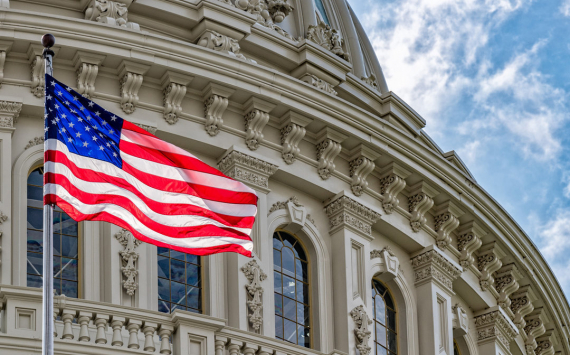
Infrastructure bill
US stock indices rose significantly before the opening of trading on Monday as investors welcomed the expected imminent passage of a bipartisan bill that would allow the US to spend a record amount on infrastructure.
At the premarket, the Dow Jones rose 0.51%, the S&P rose 0.60% and the Nasdaq 100 rose 0.57%.
The US Senate on Sunday finalised the text of the $1bn infrastructure spending bill, publishing legislative language totalling 2,702 pages.
The current text of the bill includes $550 billion in new spending to build roads and charging stations for electric cars, as well as replacing lead water pipes over five years. This amount was added to the previously approved spending of about $450 billion.
Chuck Schumer also expects both the bipartisan infrastructure bill and the Democratic Party's climate and social spending bill to pass before senators leave for their summer recess, which was scheduled to begin in the second week of August.
A $3.5 trillion bill to fund climate change and social initiatives will be sought by Democrats to pass without Republican support.
The Biden administration believes the huge funds will help create jobs in the US, rebuild the economy and rebuild vital infrastructure. The White House said the investment would create an average of 2 million jobs a year as part of a multi-year programme.
The budget money will go towards roads, bridges, public transport, airports, waterways, electric vehicle charging infrastructure, electric buses and transport.
$73 billion will be used to shift the US from fossil fuels to clean energy, and $65 billion will be spent on broadband internet infrastructure. These record injections into the economy will give a big boost to growth, which could affect companies in a number of areas. The stock market could continue to rise at an even higher rate.
However, many economists and financial commentators are concerned about risks to inflation in the USA, as inflation already achieved record growth of 5% in May and 5.4% in June.
The White House intends to obtain funding for these major programmes from unspent COVID-19 relief funds, an increase in corporate taxes from 21% to 28% and stronger tax legislation on cryptocurrencies.












































